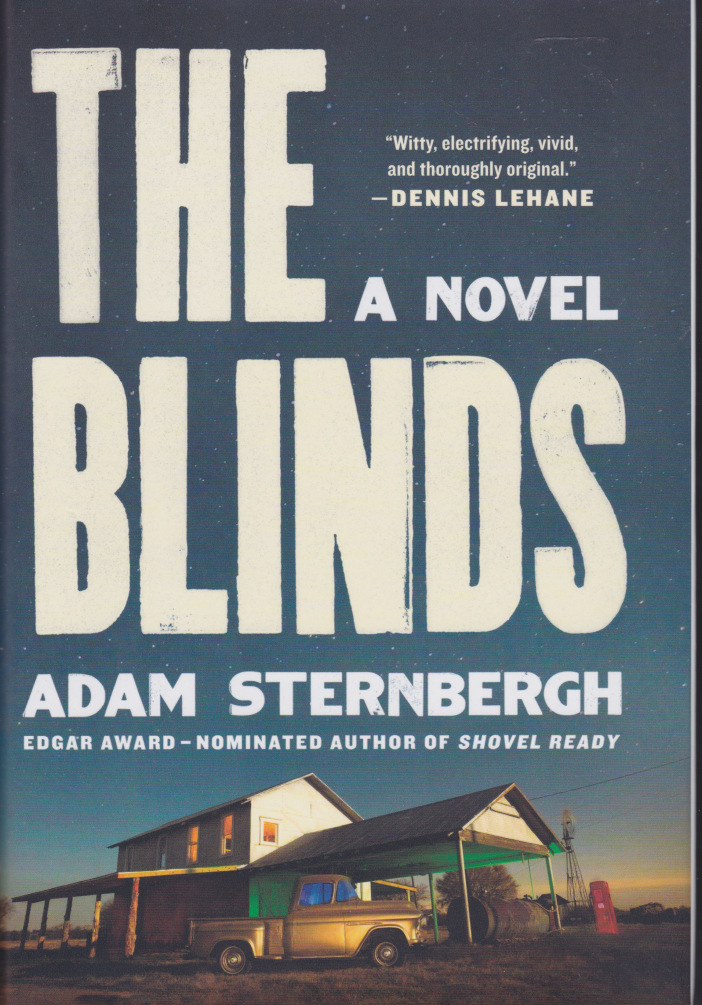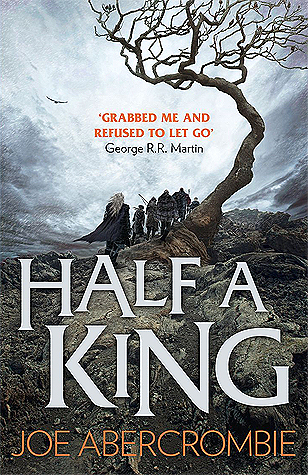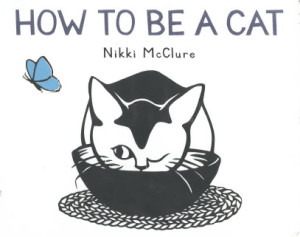Some great advice from an author who has been through the mill
Read the original article here
For my 8-year authorversary: 12 Truths About Publishing
by Cara Bristol
 Eight years ago this month, I received my first book contract! Intimate Submission was accepted by Black Velvet Seductions, which kicked off my publishing career. Since then, I’ve published more than 30 books, worked with five different publishers, went Indie, changed genres, and hit the USA Today Bestseller list.
Eight years ago this month, I received my first book contract! Intimate Submission was accepted by Black Velvet Seductions, which kicked off my publishing career. Since then, I’ve published more than 30 books, worked with five different publishers, went Indie, changed genres, and hit the USA Today Bestseller list.
Publishing used to be a stodgy, “traditional” enterprise. No longer. Dynamic is the new paradigm. Nothing is the same as it was eight years ago. What I used to do then, wouldn’t work now. Many opportunities available to authors today didn’t exist in 2009, and some that used to be available no longer are.
If you’re just embarking on your writing career or if you’ve published a few books, for what it’s worth, I’d like to offer 12 tips to help you on your journey to becoming a successful author.
Do what works. Well, duh. No brainer, right? But it’s a more complex than that. If your writing or marketing differs from what everyone else is doing, but it’s working, keep doing it! If everyone is writing billionaire dragon shifter secret baby stories but your Regency romances are selling like hotcakes, keep writing Regency! I know many successful author friends who write the same book over and over. With each “new” release, I think, “that’s the same damn story.” But you know what? They’ve tapped into a fanbase, and they’re killing it. Don’t knock what works, whatever it is. It’s a gift. Take it and run with it.
Take a long-term view. A publishing career is not about how many books you can sell today; it’s about how many books you can sell in a year, five years, ten years. It means you may be better served to employ a marketing strategy that may not make you money now—or even may cost you money—to reap bigger rewards later. Taking the long-term view means you need to consider what type of book you write, your branding, your platform, your online presence, the total package. Can you build a career out of what you’re writing?
Make business decisions. Writing full-time or even part-time is different from writing as a hobby. When it’s your business, your career, you can’t only do the “the fun stuff.” You can’t just write when you feel inspired. At your day job, you don’t get to go work and do whatever you feel like doing—you have to serve your boss, the company, and/or the customer if you expect to collect a paycheck. Ditto in publishing. The market is your boss. You need to treat writing like a business, because it is.
Give a strategy time to work. It takes years to grow a following. It can take time for a promotional campaign to pay off. Many things you do now will have an effect later. Don’t dig up the tree before it can bear fruit. Similarly, if a venture starts to show promise, this is not the time to switch gears and try something new!
Genre hopping will hurt you. The most successful authors I know pick a genre (or two) and commit to it. This allows them to grow their readership. They don’t write “a little bit of everything.” They focus. Writing whatever strikes your fancy at the moment is fine if writing is a hobby, but self-indulgence does not sell books.
Stop doing what isn’t working. The time, energy, money, resources you spend on tasks that don’t pan out could be spent on something that does. Learn when to let go and try something else. Sometimes a strategy/tactic/plan that used to work (maybe even for a long time), stops working. Accept reality and move on.
Failure happens. You will fail. It hurts (emotionally and financially), but it’s not the end of the world. Not everything you do will pan out. Even after achieving success, you will experience some failure. A bestselling book can be followed by one that tanks. Sometimes failure results from something you did or didn’t do, but other times it is caused by bum fuck bad luck. If it is your fault, learn from it. Don’t make that mistake again. If it’s not your fault, cry, then pick yourself up, and march on. If you are repeatedly failing, that is not bum fuck bad luck. Refer to point no. 6.
If (a big if) there is a shortcut to success, it is this: write what is already selling. Editors and publishers at writing conferences will tell you to write something “different,” “fresh,” “unique.” My hashtag: #bullshit. [Not all, but most] readers don’t want different, they want what they like. Publishers want what readers will buy. “Send us something fresh” is a holdover from traditional publishing days when it could take 2-4 years from the time you finished a manuscript until you secured an agent, then a publisher, and the book hit the bookstores. In that time span, red hot could turn stone cold, so trying to catch a trend was pointless. Nowadays, an ebook publisher can have your book on Amazon in 2-6 months, and an Indie can have it live within 24 hours of typing “the end.” Plenty of time to catch the trend! Am I saying that rehashing what’s already been done is what you should do? No. But if you’re looking for a shortcut, this is it. (Maybe).
Your readers are unique to you. As I’ve mentioned, it takes time to develop a fanbase. Focusing on a genre helps, but in the end, your fans are readers who like the books you write. What you write or how you write strikes a chord within them. There is chemistry between author and reader. Your fans are worth their weight in gold. Cherish them.
Pack up and leave your comfort zone. Don’t let fear make your decisions. Don’t avoid a venture because you’ve never done it before. Be afraid and do it anyway. Do it because it’s a sound business decision.
Keep your ear to the ground. You can’t just hide out in your writing cave. Remember, the market changes. You need to be able to alter course if necessary, so stay informed of what’s happening in the industry, what other authors are doing, what the book trends are, etc. That doesn’t mean you jump on everything that comes your way, but you need to be aware of it. Don’t be the last one to catch the train.
Pay it forward!!! Support your fellow authors. Buy their books. Review their books. Share their releases and successes with your followers. I can’t tell you how many opportunities have come my way because of friendships with other authors. It takes a village to build a successful writing career, and your fellow authors are your village.
I hope that you enjoyed this article and got as much out of it as I did.
For more information about Cara and her work as an author of science fiction romance, visit her website here.
Please also, if you haven’t done so already, take a few moments out of your day to read about my first two novels, Eleven Miles and Knitting Can Walk.
You may wish to follow me on Twitter at @lancegmitchell and on my Facebook page https://www.facebook.com/lance.greenfield.37.
Advertisements
Rate this:Share this:
Like this:Like Loading...
Related
 Eight years ago this month, I received my first book contract! Intimate Submission was accepted by Black Velvet Seductions, which kicked off my publishing career. Since then, I’ve published more than 30 books, worked with five different publishers, went Indie, changed genres, and hit the USA Today Bestseller list.
Eight years ago this month, I received my first book contract! Intimate Submission was accepted by Black Velvet Seductions, which kicked off my publishing career. Since then, I’ve published more than 30 books, worked with five different publishers, went Indie, changed genres, and hit the USA Today Bestseller list.




